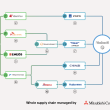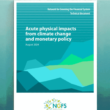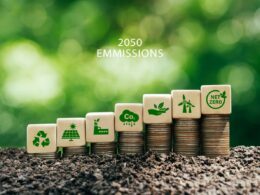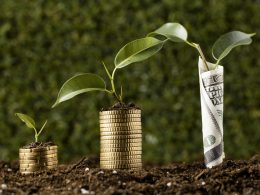The Asian Development Bank (ADB) has announced its new target to allocate 50% of its annual lending to climate finance by 2030, alongside a push to increase private sector capital mobilisation as part of a broader strategic update for the rest of the decade. This marks a significant increase from its current 35% goal, with a cumulative climate finance target of $100 billion between 2019 and 2030. So far, only $30 billion has been mobilised.
“We want to be the climate change bank in the region,” said ADB strategy director Tomoyuki Kimura in an interview with a media house. Under its Strategy 2030 Mid-term Review, ADB will focus on five critical areas in Asia: addressing climate change, fostering private sector growth, collaborating on public goods like healthcare, driving digital transformation, and building resilience in vulnerable communities.
To enhance private sector development, ADB has set a goal of securing $13 billion in financing for private-sector projects between 2019 and 2030, a significant increase from the $3.7 billion raised so far. This includes at least $4.5 billion in direct private capital mobilisation, up from $1.4 billion since 2019. The bank is also working with new private sector partners such as investment funds and philanthropic organisations.
“Cascading shocks have derailed years of development progress in Asia and the Pacific. ADB is updating its vision, expanding its financial capacity and modernizing its operational approach to help its members respond to these unprecedented challenges,” ADB President Masatsugu Asakawa said in a statement.
This new strategy follows ADB’s approval last year of reforms to unlock $100 billion in financing capacity over the next decade. The initiative aligns with US Treasury Secretary Janet Yellen’s call for global development banks to scale up lending for climate action and other global challenges. Kimura noted that while demand from client countries is strong, ADB is working to overcome lending constraints, including improving project preparation for loan approvals.





















